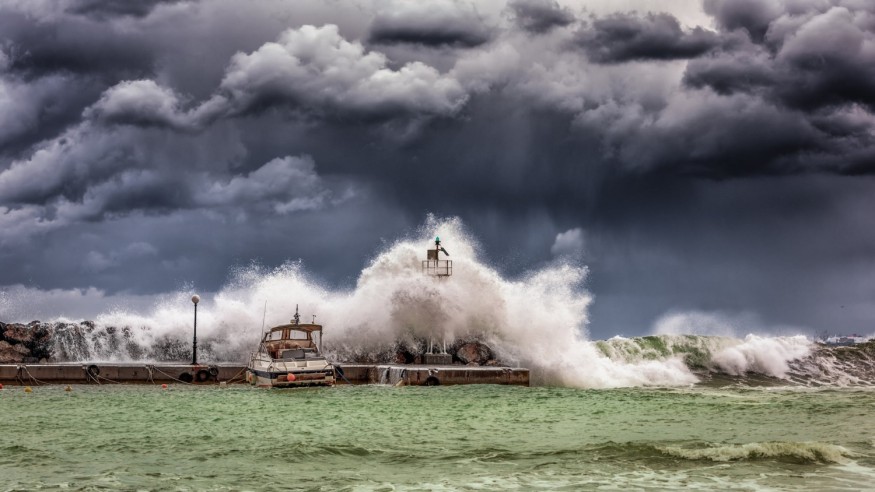
Extreme weather events have hit some countries in Asia in the past days. For one, Typhoon Khanun, which lashed Okinawa and Kagoshima in Japan, left two people dead.
According to a report on The Guardian, the two fatalities were reported in Okinawa, a popular tourist destination which is about 1,600 kilometers southwest of Tokyo. Authorities said the devastation brought by Khanun also wounded at least 41 individuals.
Khanun, which weather experts branded as "slow-moving," is seen to be worse than the torrential rains experienced in Beijing, due to Typhoon Doksuri, in at least 146 years. The stormy weather in China had claimed the lives of at least 34 individuals, a BBC report said.
Read Also : Heavy Rain Triggers Severe Flooding in Northern China, Displacing Tens of Thousands of People
Evacuation, no power in Japan
Authorities said that more than 600,000 residents in Okinawa have been forced to evacuate from their residences to ensure their safety.
Citing the Okinawa Electric Power Company, a CNN report said the bad weather also left more than 200,000 households without electricity on Wednesday morning.
Meanwhile, around 7,000 residences in Amami Island, which is situated in the northeast of the Okinawan islands, were also without electric supply, according to the Economy and Industry Ministry as cited by the Associated Press.
Officials said that most areas have remained without power on Thursday as the storm battered recovery work. Due to this, hospital facilities that lost power supply were only receiving emergency cases.
Weather forecasters monitored that the center of Khanun would stay in the East China Sea in the next 48 hours. After that, it will make a turn going to Japan's northern Ryukyu Islands over the weekend.
Though slow-moving, Khanun's outer bands would still bring heavy downpours and strong wind gusts over China's eastern Zhejiang province as well as in the coast near Shanghai in the coming days.
Typhoon Khanun also started to affect Taiwan as well. The bad weather prompted the temporary cancellation of the operations of schools and businesses in northern Taiwan on Thursday, with around 40 international flights being cancelled.
In Japan, the Transport Ministry said at least 304 flights have been cancelled. It also said that Naha Airport was shut down but already resumed operations after two days.
Global warming
As Khanun came in the heels of the devastation caused by Doksuri, some experts concluded that global warming would increase the intensity and frequency of storms and heatwaves, similar to what has been happening in some parts of Asia in the past month.
Urban Climate Professor Winston Chow said the chances of an extreme weather event occurring have increased because of the climate change.
The BBC report said that a study by Frontiers in Earth Science raised the possibility that typhoons could increase its destructive power over land by the end of the 21st Century.
For example, in China, the combined effect of three storms has drenched and devastated Beijing as well as its neighboring areas such as the provinces of Tianjin and Hebei since late last week. More or less 974,400 people have been evacuated in Beijing and Hebei, earlier reports have said.
Related Video:
© 2026 NatureWorldNews.com All rights reserved. Do not reproduce without permission.





